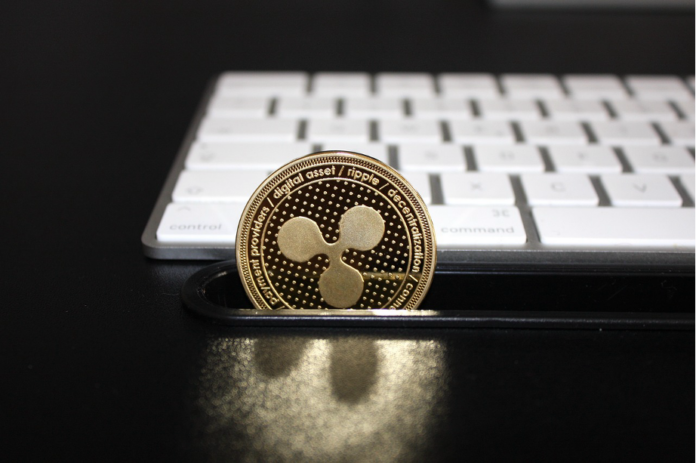Ripple has formally argued to the U.S. Securities and Exchange Commission (SEC) that fungible cryptocurrencies, when traded in secondary markets, should not be considered securities.
In a letter dated May 27, Ripple—the blockchain firm behind XRP—cited legal scholar Lewis Cohen’s influential 2022 paper “The Inescapable Modality of Securities Law,” which asserts there is no legal basis for treating most fungible crypto assets as securities in secondary transactions. Cohen emphasized that these transactions typically do not involve an investment contract and lack the legal relationship between issuer and holder that defines a security.
Ripple also referenced recent remarks from SEC Commissioner Hester Peirce, who, in a May 19 speech, called for a “new paradigm” in crypto regulation. Peirce, long critical of the SEC’s approach to digital assets, stated:
“Most crypto assets existing in the market are not [securities]… Economic realities matter, and crypto assets that are not securities can be distributed as part of an investment contract, which is a type of security.”
The company’s position comes amid its ongoing legal clash with the SEC. The dispute began in late 2020 when the SEC alleged that Ripple’s sales of XRP amounted to unregistered securities offerings. However, following a shift in political leadership and growing regulatory pushback, Ripple has gained the upper hand. A key court ruling found that while some of Ripple’s institutional XRP sales constituted investment contracts, secondary market sales did not. Crucially, the court determined that XRP itself is not a security.
The SEC recently withdrew its appeal of that decision, signaling a potential turning point in its stance on crypto asset classification.



